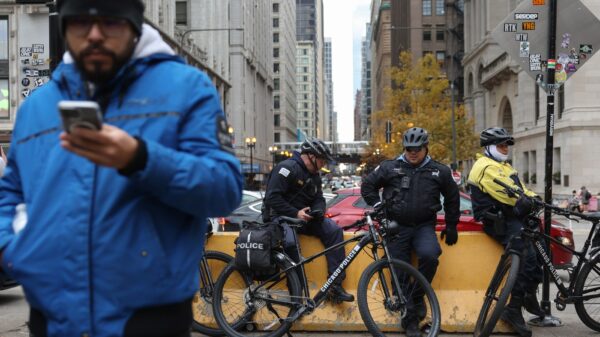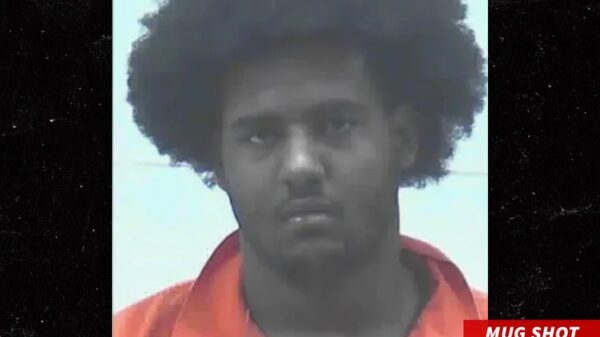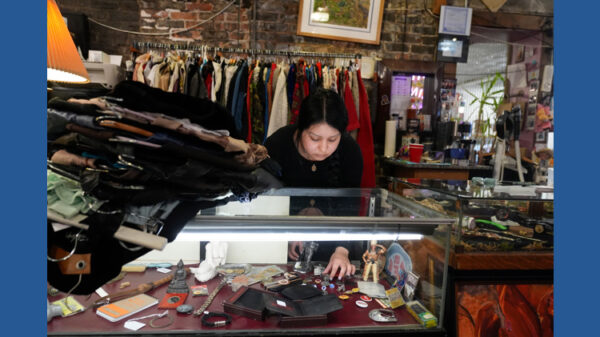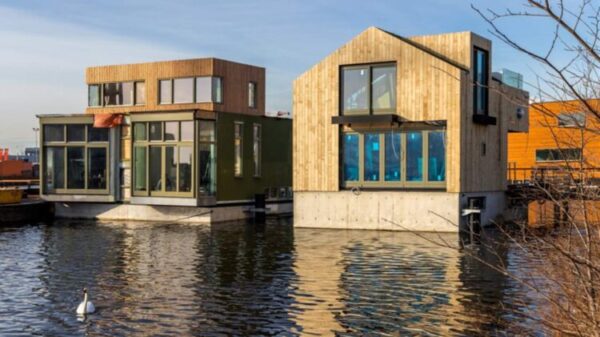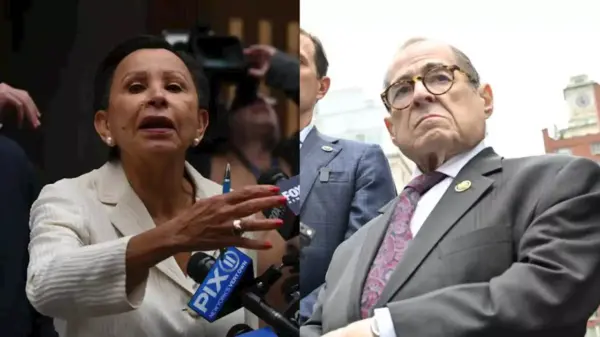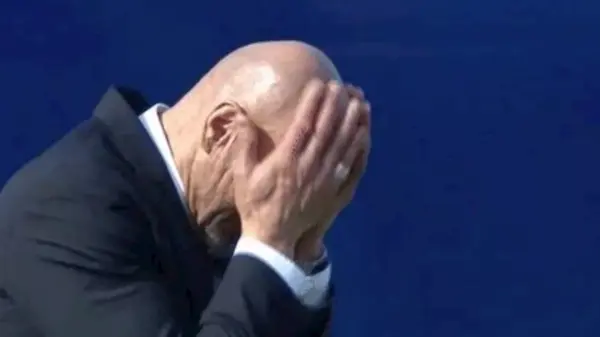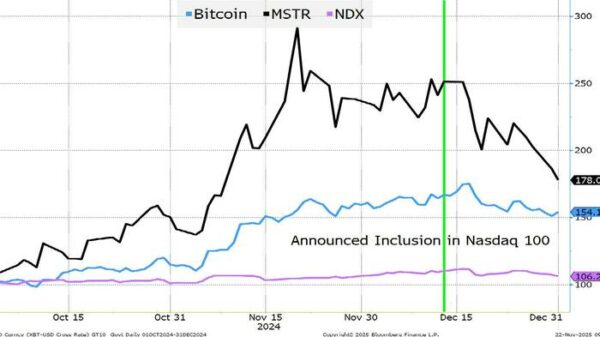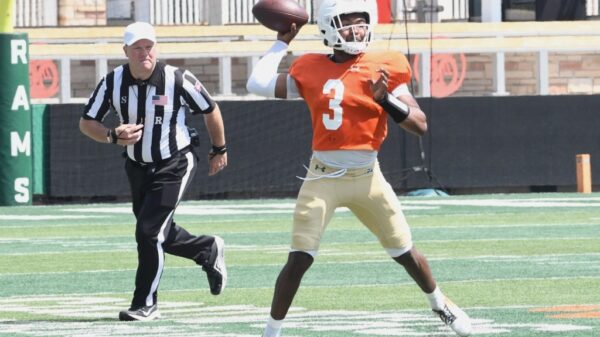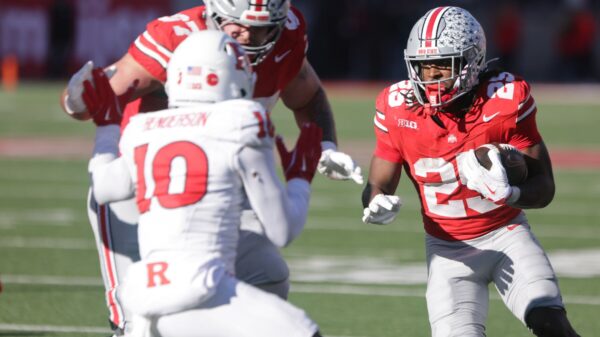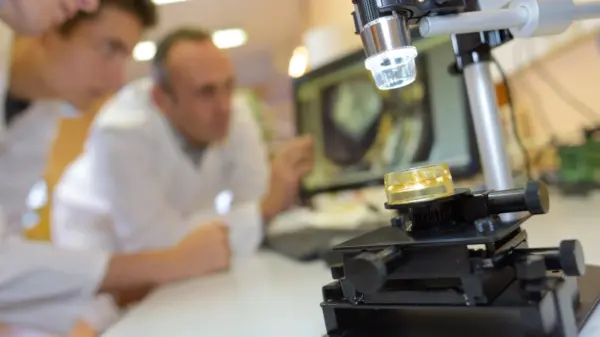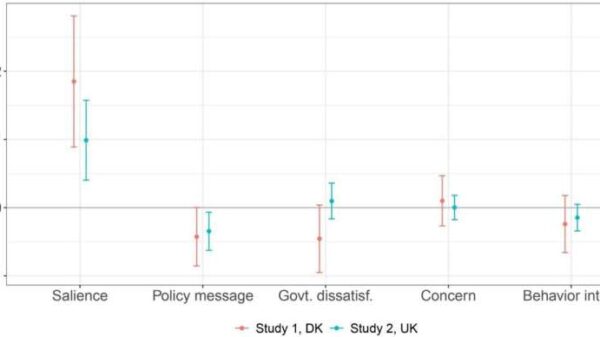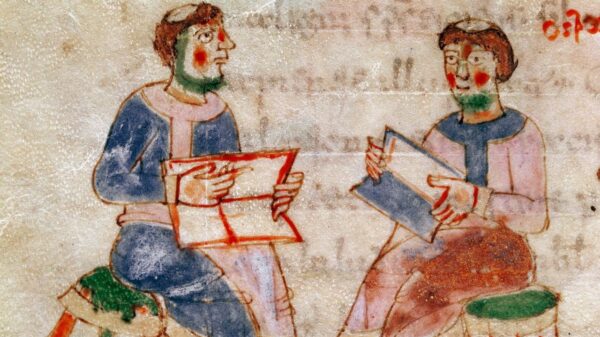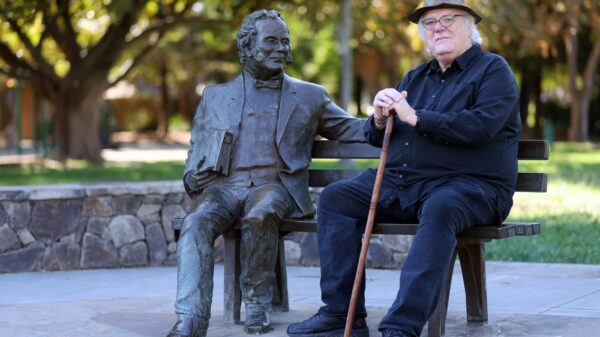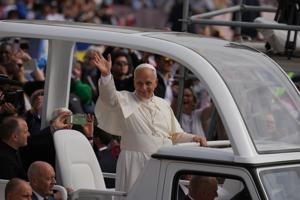Pope Leo XIV is set to make his inaugural foreign trip to Turkey and Lebanon next month, as officially announced by the Vatican. The visit, scheduled from November 27 to December 2, marks a significant moment for interfaith dialogue, aimed at fostering unity between Christians and Muslims.
The trip will encompass important pilgrimage sites, including a visit to Iznik, Turkey, to commemorate the 1,700th anniversary of the Council of Nicea, the first ecumenical council in Christian history. This gathering, which took place in 325 A.D., is pivotal in Catholic-Orthodox relations, representing a shared heritage prior to the major schisms in Christianity. Pope Francis had intended to honor this anniversary in May, but his passing in April led Pope Leo XIV to carry on his predecessor’s plans.
The Vatican disclosed that the trip itinerary will be provided later, while Lebanon’s President, Joseph Aoun, confirmed the dates via social media platform X. The timing of the announcement coincides with the anniversary of the October 7 Hamas attacks in southern Israel, underscoring the urgency of discussing peace in the Middle East and addressing the challenges faced by Christian communities in the region.
Lebanon, home to approximately 6 million people, including over 1 million Syrian and Palestinian refugees, has the highest percentage of Christians in the Middle East. It is also the only Arab nation with a Christian head of state. However, ongoing political and economic instability threatens the survival of its Christian population, which plays a crucial role in the Catholic Church’s presence in the region.
As Lebanon strives to recover from years of economic turmoil and conflicts, the visit by Pope Leo XIV is viewed as a beacon of hope. The country recently witnessed the formation of a new government, which ended a two-year political vacuum. While this development has raised hopes for recovery, tensions persist, particularly due to Israel’s continued occupation of strategic areas along the border and regular airstrikes aimed at Hezbollah.
Patriarch Bechara Boutros Raï, leader of the Maronite Church in Lebanon, expressed optimism regarding the papal visit. He stated, “We hope that this apostolic visit to Lebanon will bring peace and stability and be a sign of unity for all Lebanese, Christians and Muslims alike, at this critical stage in our nation’s history.”
The announcement of Pope Leo XIV’s visit also aligns with the sensitive context of the ongoing conflict in the Middle East. Cardinal Pietro Parolin, the Vatican’s Secretary of State, recently made remarks that highlighted the humanitarian crisis resulting from the violence. He condemned the “inhuman massacre” of innocent people in Israel while also addressing the destruction in Gaza, a stance that has drawn mixed reactions.
The Israeli Embassy to the Holy See responded critically to Parolin’s comments, emphasizing the need for diplomatic neutrality and cautioning against moral equivalence in addressing the conflict. This dynamic illustrates the challenges the Vatican faces as it navigates complex geopolitical issues while maintaining its commitment to peace and dialogue.
As anticipation builds for Pope Leo XIV’s visit, many are hopeful that his presence will reinforce efforts toward reconciliation and stability in a region marked by conflict and division. The last papal visit to Lebanon occurred in September 2012, when Pope Benedict XVI traveled to the nation, making this upcoming trip particularly significant.


